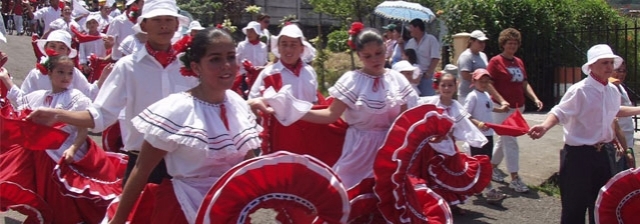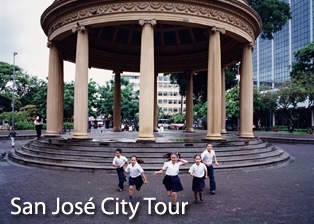Travel with tickets and money separate in case of theft/loss.
Keep valuables and passports safe and only carry enough money for aticipated expenses.
Leave a copy of your itinerary, a photo copy of airline tickets, passport identification page, driver´s licence, credit cards, travelers checks, prescriptions medical history, and important business documents with family and / or friend for emergencies.
Make sure your health insurance covers medical emergencies away from home. If not, look into purchasing travel insurance.
Label each piece of luggage inside and out (name, address, and telephone number). Use covered luggage tags, Intead of your home address, use that of your office information.
Bring extra batteries for cameras and electronics. They may be hard to find here, as you are going to be travelling around.
When possible leave jewelry at home.
Patience, remember You are a visitor to this country. Customs and practices may be different, enjoy the difference!!!!!
Pack a small first aid kit (antiseptic, antihistamine, decongestant, band aids, anti itch ointment, diarrhea medications, pain killers (asa) gravol.
Protect cameras, batteries etc. in plastic bags. Even the humidity of the Rain Forest can permeate into your electronic equipment.
Protection from insects. Insects are attracted to some of the things you carry in your luggage soap, lotions, harmless insects don´t bother people but it is better to have them away from your clothes.
Another Recomendations
Your Passport must be valid for six months beyond the intended stay for entry to Costa Rica. You must show a return-ticket or an onward-travel ticket.
Travellers and citizens of all countries not listed above, nead a Visa obtained from a Costa Rican embassy or consulate before travelling to Costa Rica.
If you're travelling to the beaches, anything goes in terms of beachwear. Nudity is not legal but tolerated in some secluded places.
When you visit the capital and higher parts of the country, it is necessary to bring a light sweater and warm clothes because it can get fresh and sometimes cold (at San Gerardo de Dota on the Inter-American Highway at 3000m altitude temperatures can become below freezing).
There are no epidemics in Costa Rica, but it is recommended to get general vaccinations and we suggest you bring a medical history in case you become ill or if you are currently suffering from a illness.
The tap water is safe in most parts of the country, and bottled water is available everywhere. If you require health assistance, Costa Rica provides good service at the hospitals and regional medical centres.
Always watch over your belongings at all times. Keep your passport at the hotel and carry a photocopy including entrance stamps with you at all times. Don't bring or accept marked or ripped bills because there might be problems with acceptance.
| 








